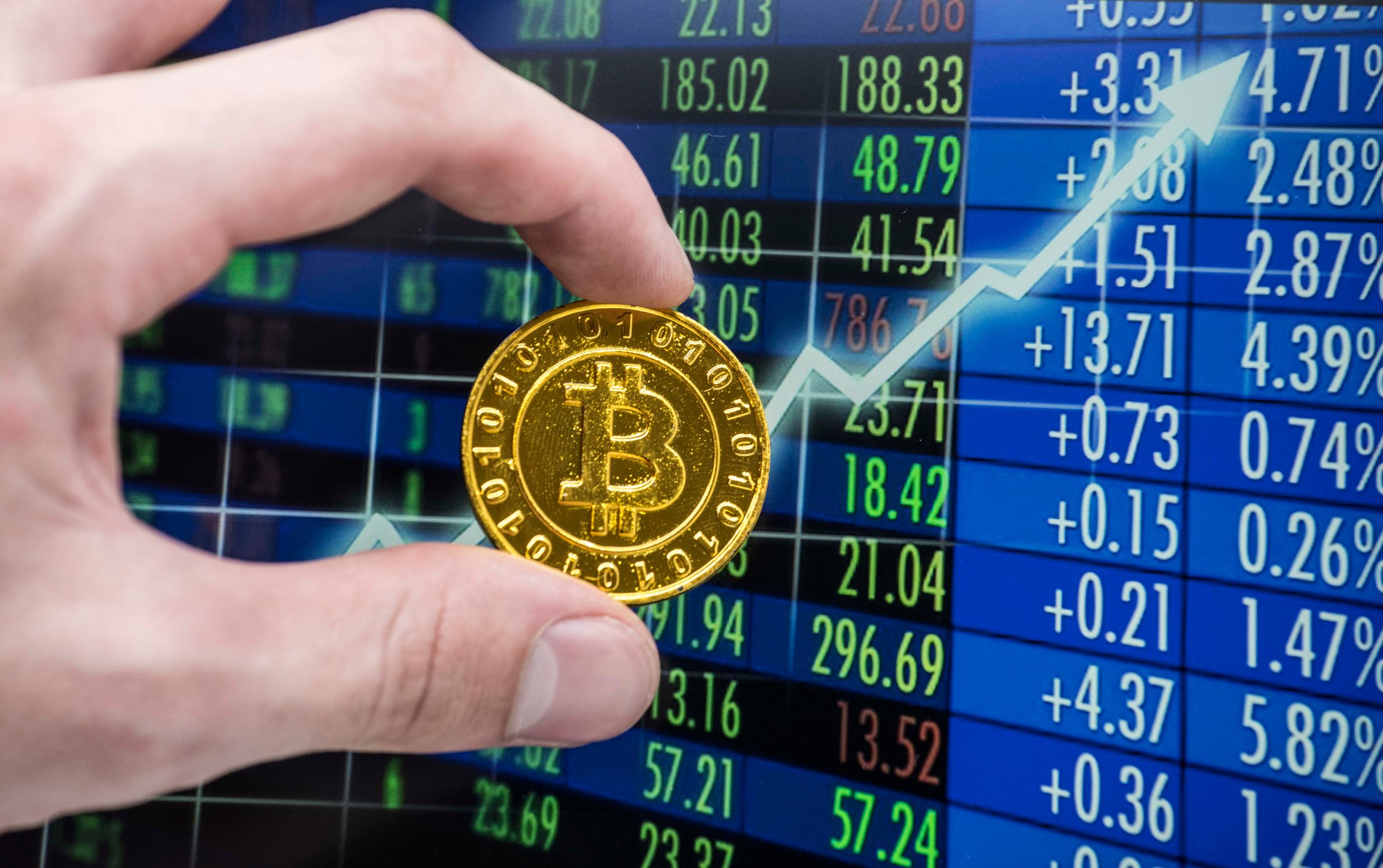In yet another sign of just how mainstream crypto has become in the past year, JPMorgan Chase (JPM 1.43%) Chief Executive Officer Jamie Dimon just said at the company's annual investor day event that clients will now be able to buy Bitcoin (BTC +1.74%) for their accounts. That's big news because Dimon has been a vocal and longtime Bitcoin skeptic.
This could open the door for Bitcoin to soar if the move by JPMorgan Chase encourages other investment companies to unlock crypto for their clients. Here's a closer look.
Why did JPMorgan change its mind about Bitcoin?
There are several possible reasons JPMorgan Chase finally gave in. First and foremost, the new pro-crypto policies of the administration of President Donald Trump are making it much easier for companies to embrace crypto. Wall Street now has plenty of financial products, including the new spot Bitcoin exchange-traded funds (ETFs), to offer clients.
But there's another reason JPMorgan Chase opened the door to crypto: Clients were asking for it because:
- They recognized that Bitcoin has been one of the best-performing assets of the past decade.
- They see regular headlines in the mainstream media talking about Bitcoin.
- They understand that there are Bitcoin products available to buy and trade.
It must be frustrating for them to call up their investment advisor or broker and not be able to buy Bitcoin for their accounts.

Image source: Getty Images.
Investors have seen this story before. BlackRock (BLK +0.38%), the asset management giant behind the world's most popular spot Bitcoin ETF, faced the same sort of client demand back in 2022. That led it to opening its doors to institutional Bitcoin buying via a first-of-its-kind partnership with crypto exchange Coinbase Global.
Larry Fink, BlackRock's CEO, was also a Bitcoin skeptic before he made the move. However, now he's one of the biggest supporters of Bitcoin as a unique new asset class for investors.
A shift in Bitcoin allocations
There could be a big price impact if other investment companies follow suit. It's all about asset allocation, or how much of their portfolios investors are willing to dedicate to assets such as crypto.
Until recently, the target allocation for Bitcoin was 0%. In late 2024, that target moved as high as 2% for the typical investor.

CRYPTO: BTC
Key Data Points
In 2025, that figure could get even higher, thanks to more Wall Street companies embracing crypto. Any increase in crypto allocations has huge potential consequences for the price of the cryptocurrency. In the Bitcoin valuation model used by Ark Invest, for example, a Bitcoin allocation of 6.5% by institutional investors is required for it to hit a price target of $1 million by 2030.
As the allocation gets higher, more money will flow into the Bitcoin ETFs, pushing the cryptocurrency up even more. So it's important to keep an eye on money flowing into these ETFs.
As Dimon pointed out, his company isn't going to hold Bitcoin in custody for investors, so they will need to rely on these Bitcoin ETFs for their exposure. The good news is that these ETF investment flows are reported on a regular basis, so it's very easy to see the impact of higher allocations.
Potential risks for Bitcoin investors
While JPMorgan Chase will offer clients access to Bitcoin, it doesn't mean Dimon is happy about it. In 2021, he called Bitcoin "worthless." In 2023, he suggested that the U.S. government should ban it. In 2024, at the World Economic Forum in Switzerland, he likened Bitcoin to a "pet rock" because it does nothing for investors and also accused Bitcoin of being a giant Ponzi scheme.
You can understand why crypto enthusiasts are so excited about this move by JPMorgan Chase: It serves as enormous validation. Long-time crypto enthusiasts are convinced that they're being proven right, and Wall Street is being proven wrong. Score one for the little guy.
However, at the investor day event, Jamie Dimon showed no signs of backing away from his skepticism. He made it clear, "I am not a fan of Bitcoin." He brought up the potential illicit uses of Bitcoin, and then compared buying Bitcoin to smoking. "I don't think you should smoke, but I defend your right to smoke... I defend your right to buy Bitcoin."
If you're thinking about buying Bitcoin, think about buying a product (such as a pack of cigarettes) with a prominent warning label on it, and ignore the warning at your own risk. Bitcoin has been a historically volatile asset, and in order to maximize your gains, you'll need to commit to holding it for the long haul.





